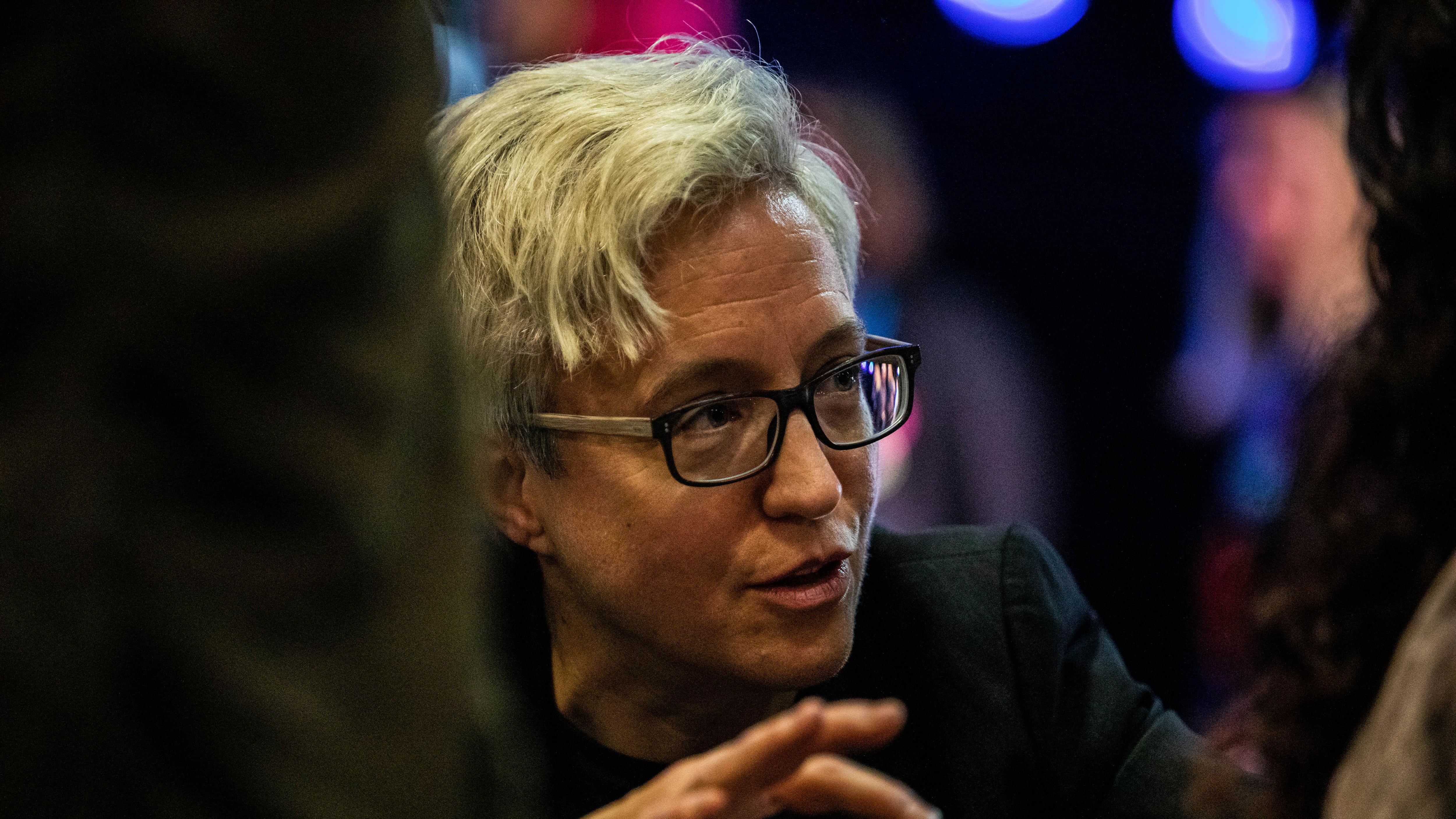Voters filling out their ballots for the Nov. 8 general election will not be surprised to see the name of Betsy Johnson, the well-financed, unaffiliated candidate for governor whose presence in the race has created unusual dynamics.
But what is nearly as unusual as Johnson’s role as an unaffiliated contender is the limited lineup of minor-party candidates.
There are just two: R. Leon Noble of Newport, who is the Libertarian Party nominee, and Donice Noelle Smith of Roseburg, who is the Constitution Party nominee. Both the Libertarian and Constitution parties are more conservative than the Democratic Party.
Missing: any representation from the Independent, Pacific Green or Progressive parties. None of the parties that are often represented on the left in the governor’s race put candidates on the ballot in the governor’s race this year. (Democrat Tina Kotek also carries the Working Families Party nomination.)
As Oregon Public Broadcasting reported, Kotek convinced the Pacific Green Party candidate Nathalie Paravicini to withdraw just before the ballot deadline.
That absence matters. Johnson has recently been polling in the midteens, and her impact on the outcome of the governor’s race could be considerable (polling so far suggests she gets more support from Democrats than Republicans). But records show that minor-party candidates regularly get enough support in Oregon governor’s races to be meaningful.
In the 2018 governor’s race, for instance, the Libertarian and Constitution party candidates collectively garnered about 50,000 votes, 2.6% of the total votes cast. On the left, the Independent Party candidate and Progressive Party candidate collectively captured about 64,000 votes, 3.4% of the total cast.
So, in that instance, the minor-party candidates pretty well canceled each other out and were not a factor in the final result: incumbent Gov. Kate Brown’s 50.1%-to-43.7% victory over Republican Knute Buehler.
But in 2010, as is the case this year, there were Constitution and Libertarian party candidates but no minor-party candidate to the left. In that race, Democrat John Kitzhaber eked out a 1.5-point victory over Republican Chris Dudley. Kitzhaber’s margin of 22,238 votes was less than the 39,523 votes the Constitution and Libertarian party candidates collectively got.
The same thing happened in 2002, when Democrat Ted Kulongoski defeated Republican Kevin Mannix by fewer votes than Libertarian candidate Tom Cox pulled. In 1990, Al Mobley, running as in independent but to the right of Republican Dave Frohnmayer, took 13% of the vote, more than twice the margin of Democrat Barbara Roberts’ victory over her Republican opponent.
In a race where recent polling has shown Drazan leads within the statistical margin of error (and which includes Johnson but no minor-party candidates to the left), history suggests the right-leaning minor-party candidates could play an outsized role.
Paul Gronke, a professor of political science at Reed College and an expert on voting patterns, says researchers have studied minor-party voters.
He says the historical ability of minor-party candidates to attract votes in close races is “worrisome for Drazan.”
“The standard logic is yes, in the absence of those minor-party candidates, individuals would have voted for the closest alternative,” Gronke says. That suggests Constitution and Libertarian party voters would likely support the Republican nominee, if the minor-party candidates were not on the ballot.
But Gronke says not all of them would have. “Some subset of those voters are entirely dissatisfied and would not have voted for anybody,” he says.
Ballots must be dropped at official sites or postmarked by 8 pm on Nov. 8.

